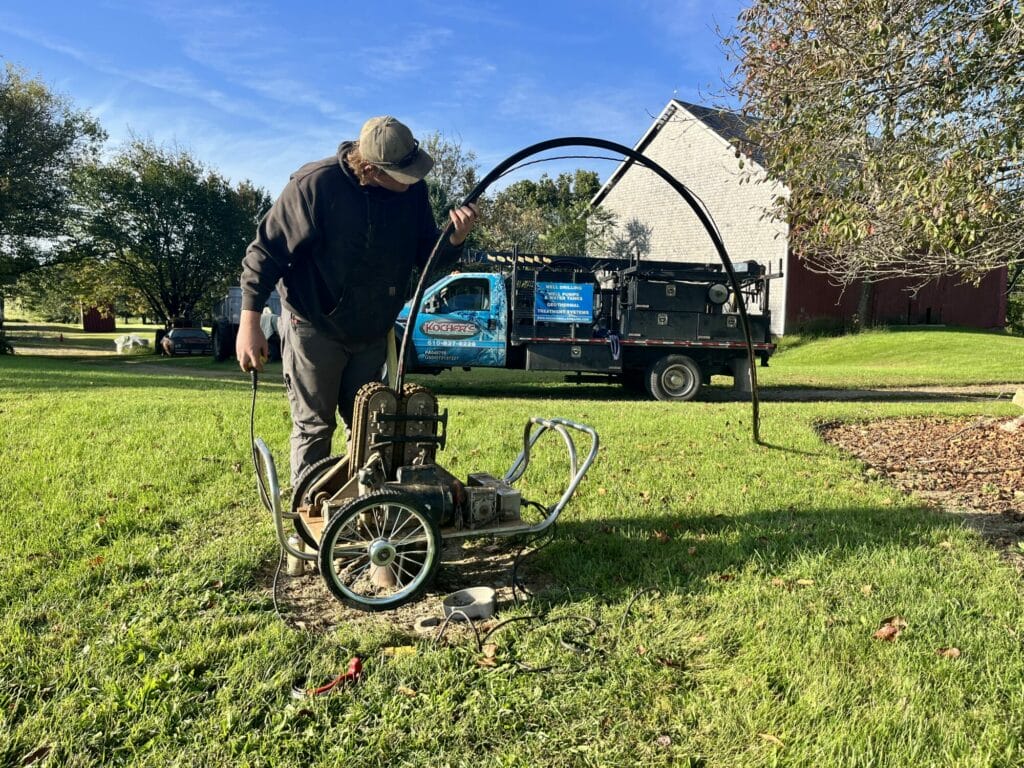Have you ever encountered an old water well on your property and wondered what to do with it? You’re not alone. Many property owners find themselves puzzled by old, unused water wells. These wells may seem harmless, but they can pose potential safety hazards and contaminate groundwater. In this article, we’ll explore the steps you should take to manage or decommission an old water well safely.
Identifying an Old Water Well on Your Property
The first step in dealing with an old well is identifying it. Old water wells can often be found as dug wells covered by wooden boards or metal plates. Sometimes, they are even hidden under vegetation or old structures.
- Visual Clues: Look for circular structures or metal caps in your yard.
- Utility Water History: Check the water utility history of your property. Old wells are often documented.
- Consult a Well Contractor: If you need more clarification, consult a well contractor who can help identify and assess the condition of the well.
The Risks of Leaving an Old Well Untreated
An old, unused well can be more than just an eyesore; it can contaminate water and pose physical safety hazards.
- Groundwater Contamination: Old wells can serve as a pathway for contaminants to enter the aquifer.
- Physical Hazards: Open or poorly sealed wells can be a falling hazard for people and animals.
- Threat to Operating Wells: Contaminants from an old well can threaten operating wells nearby.
Decommissioning: The Safe Way to Deal with an Unused Well
If you decide that the abandoned well on your property serves no purpose, it’s crucial to decommission it properly. Decommissioning involves sealing the well to prevent any future water contamination and physical hazards.
- Hire a Professional: Always hire a licensed well contractor familiar with local well decommissioning code requirements.
- Use Approved Materials: Special sealing materials like cement-bentonite grout or bentonite clay chips are usually used.
- File Necessary Paperwork: After decommissioning, a report must be filed to document that the well has been sealed correctly.
Restoring an Old Well: Is It Worth It?
Some may consider restoring an old well for various uses, such as irrigation or a secondary water source. However, restoration comes with its own set of challenges.
- Water Quality: Test the well water for contaminants before considering restoration.
- Well Yield: Assess the well yield to ensure it can meet your water needs.
- Cost: Restoration can be costly, especially if the well needs significant repairs.
When to Drill a New Well
If your old well is beyond repair or doesn’t meet your water needs, drilling a new well may be the best option. A new well is usually more efficient and meets current safety standards.
- Consult a Well Contractor: A water well contractor can help you decide the best location for a new well.
- Water Testing: Always have the water tested for quality before using a new well.
- Permits: Ensure you have all the necessary permits before drilling begins.
Safeguarding Your Property and Water Supply
Dealing with an old water well is not something to take lightly. Whether you decommission or restore it, always consult professionals to ensure the well is handled correctly. At Kocher’s Water Pumps & Tanks Inc., we specialize in well decommissioning and water treatment. Contact us today for a comprehensive well inspection and water quality test.




